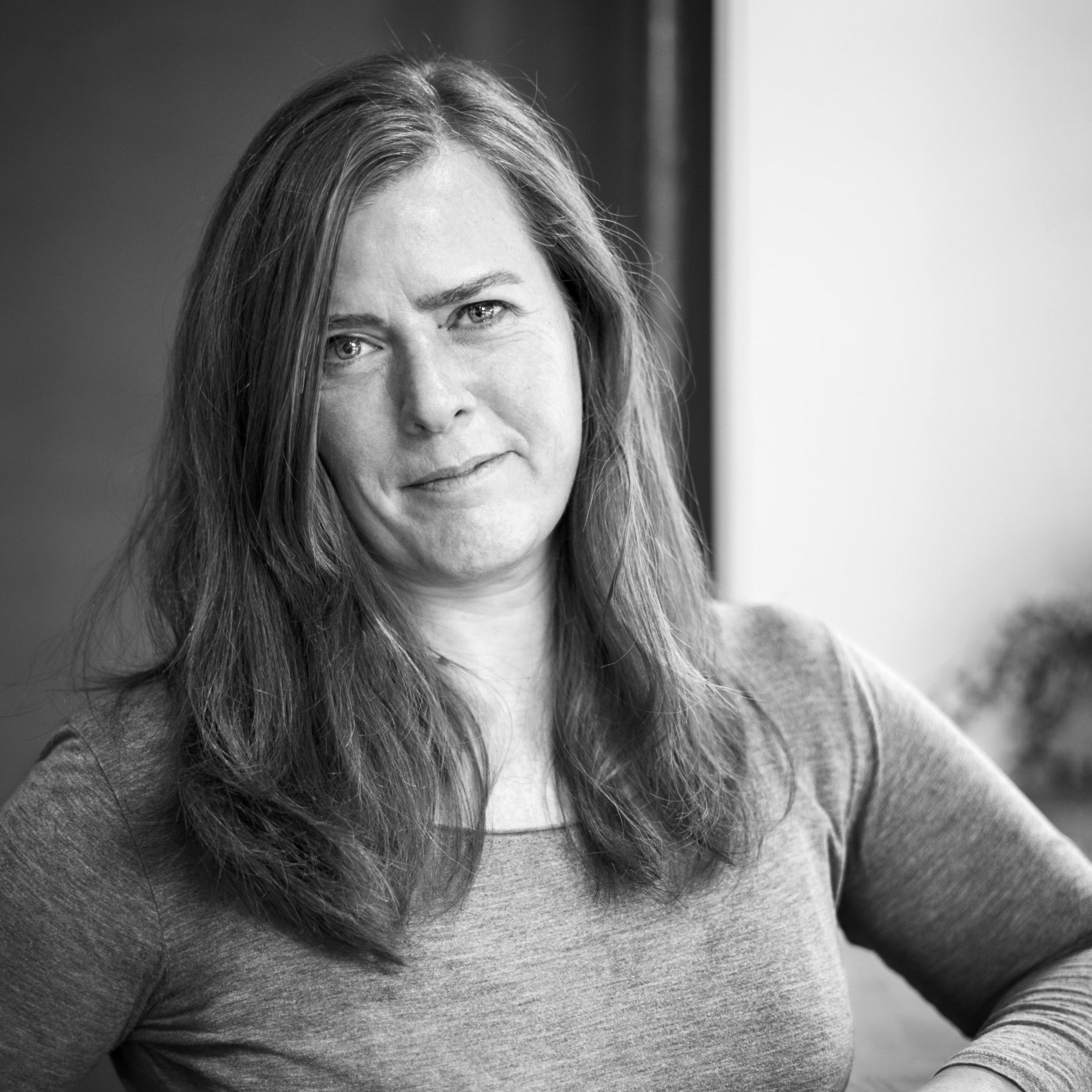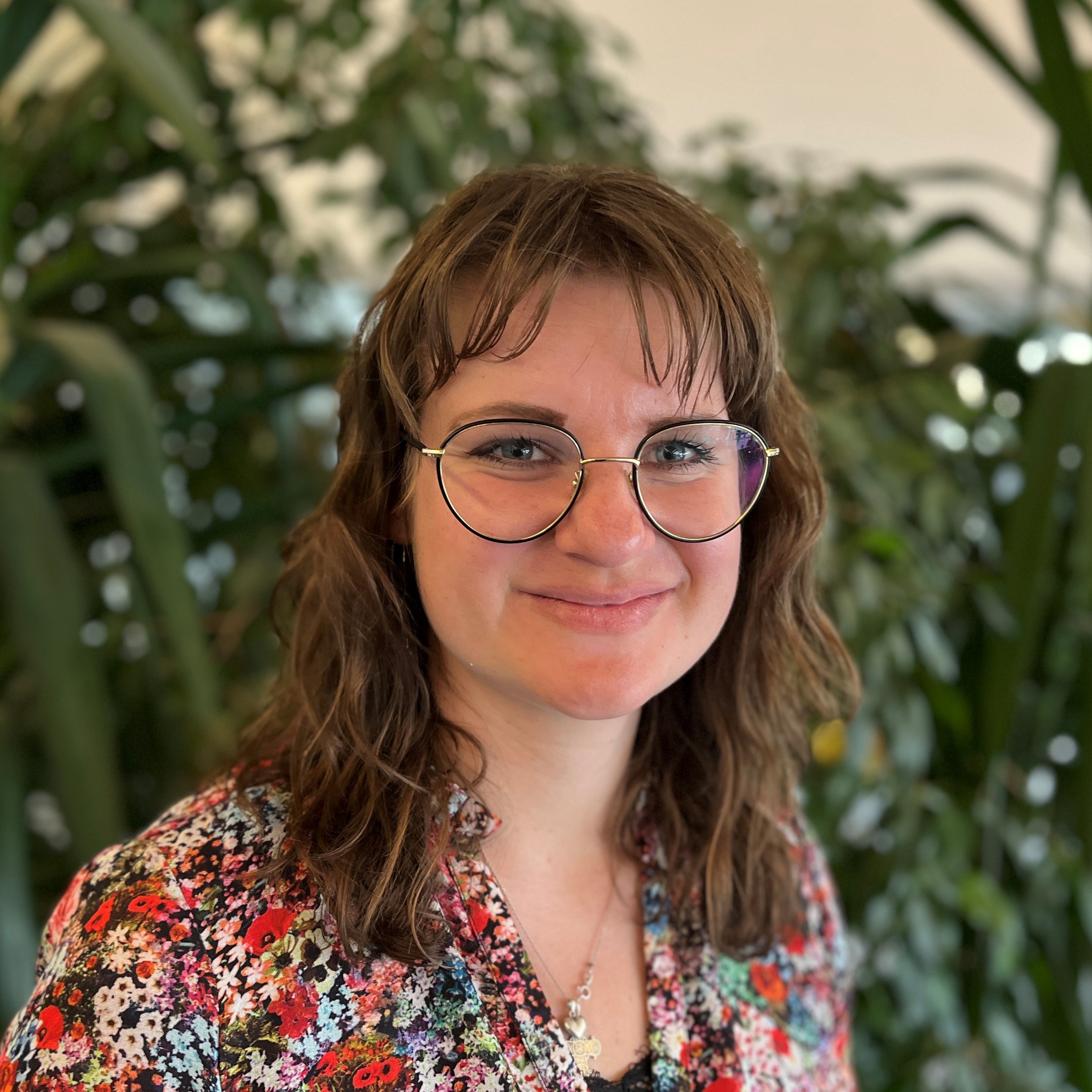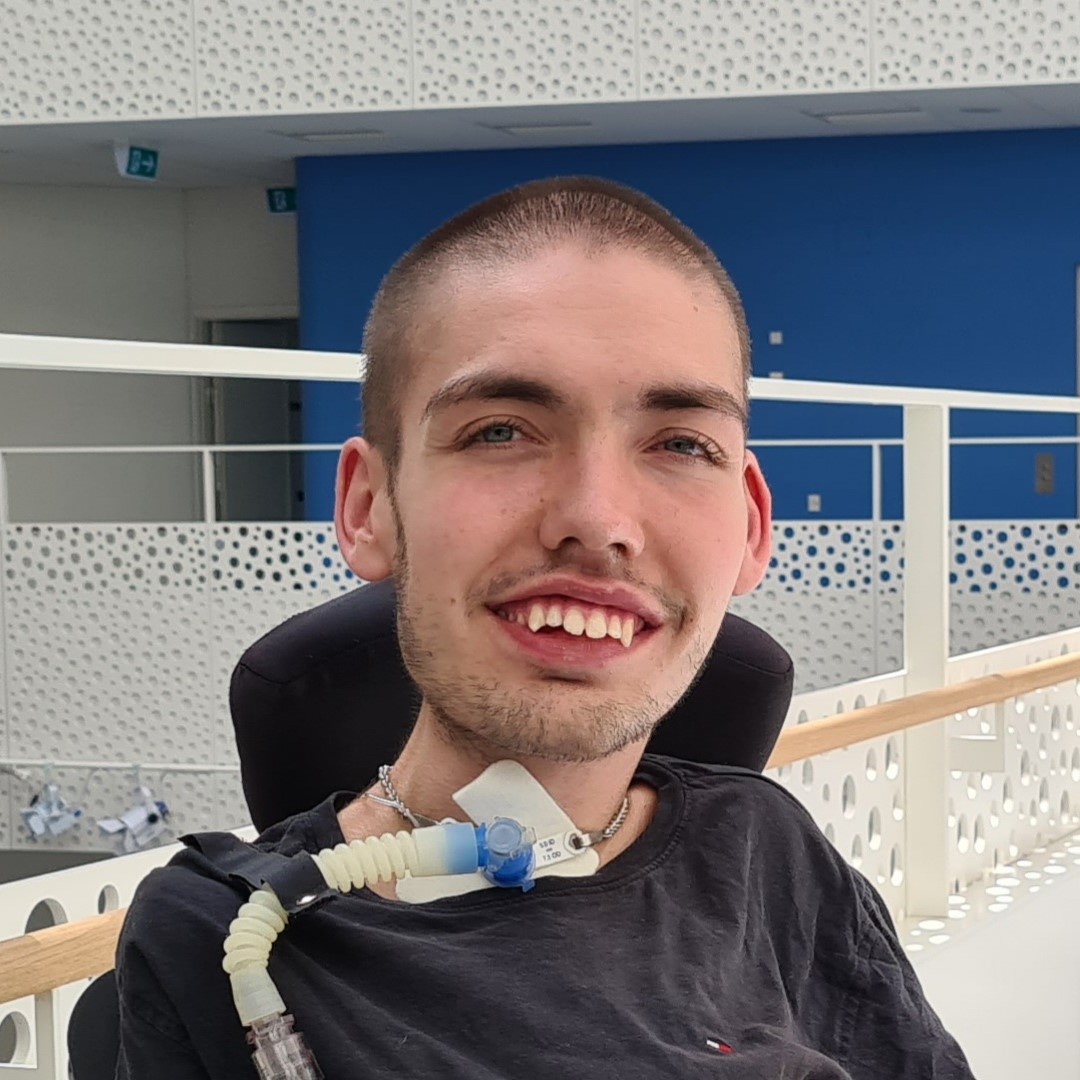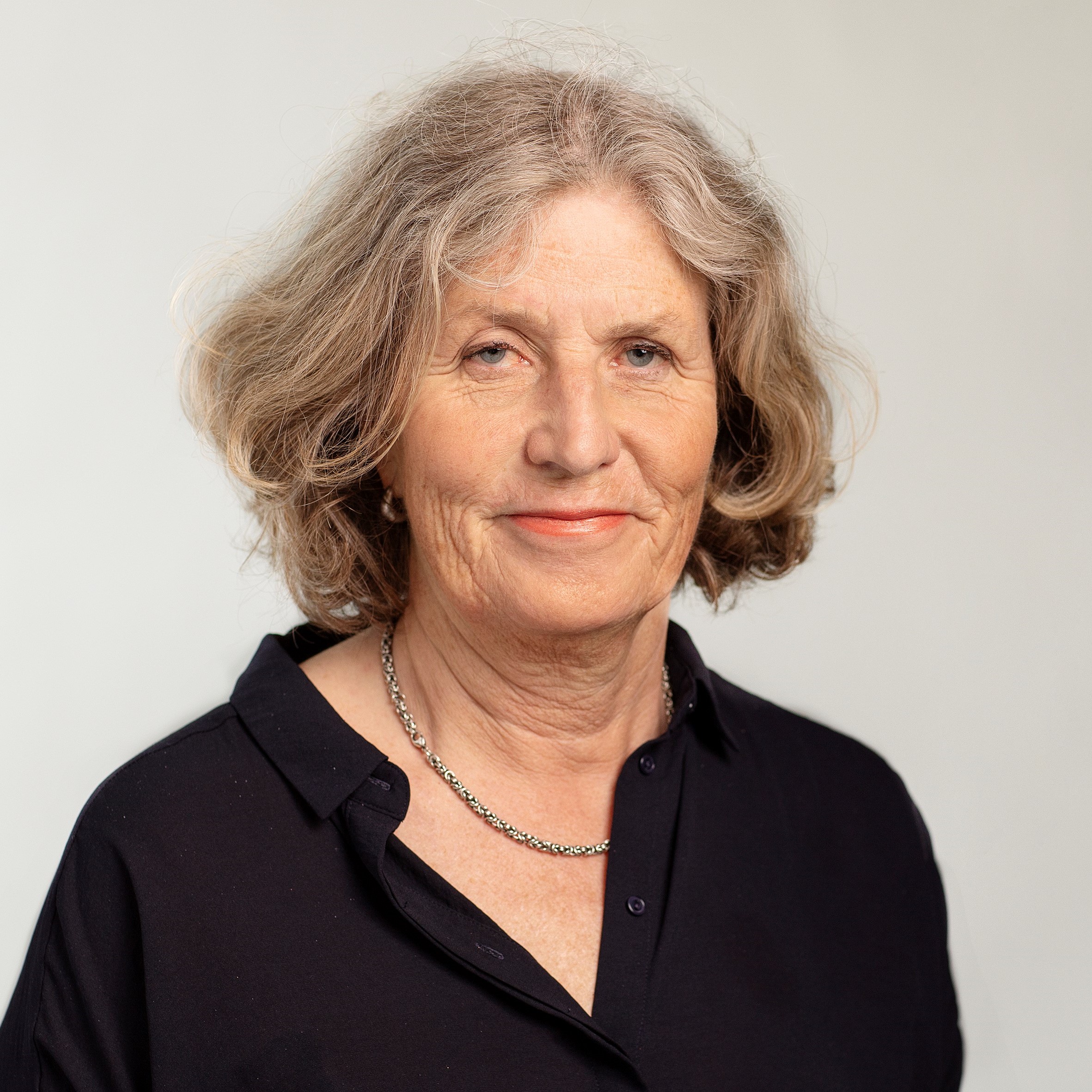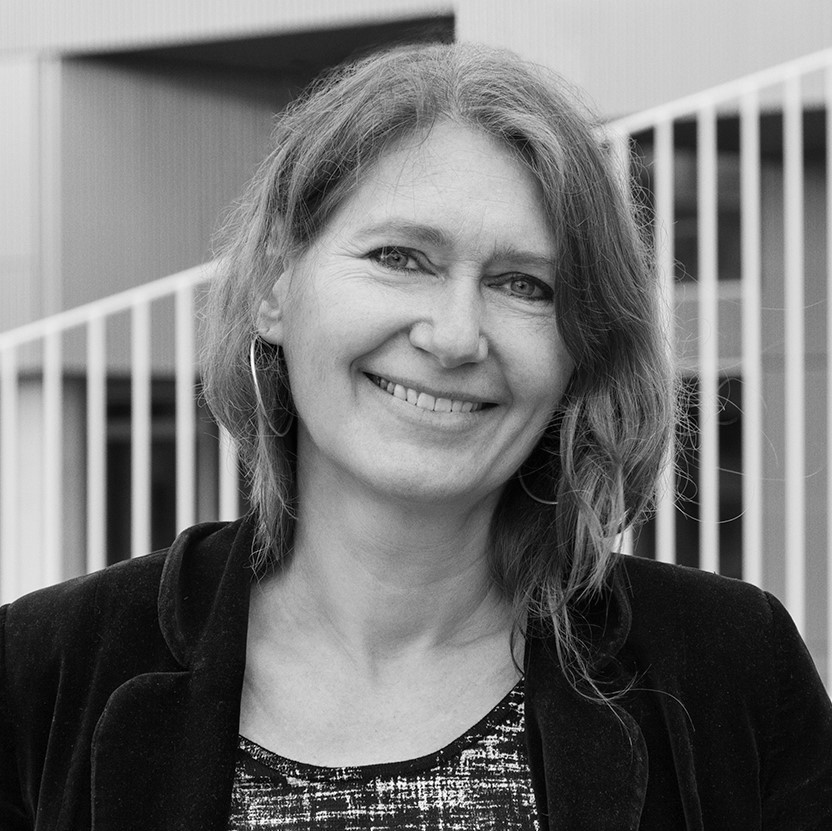Denmark, internationally known for its high level of welfare and solidarity with vulnerable groups, has been in the forefront promoting the ‘normalization principle’ regarding people with disability. However, these ideals and social policy goals have proved difficult to realize in practice. Today people with disabilities still face challenges in a variety of situations. Housing conditions is one of them.
Many young people with disabilities live in municipal accommodation units, especially those who have a great need for services. Thus good intentions this housing form causes stigmatization of these people. Whether people have a hearing impairment, an autism diagnosis, are blind, have intellectual disabilities, or use a wheelchair they should have the best possible conditions for living an independent life, unfolding their potential, pursuing their dreams, and contributing to society and the community. And architecture plays a key role in assuring this decisive offset.
In this session concrete examples of different building sites as well as architectural designs are discussed through the lens of how to create a home instead of just housing, and how to avoid a division into ‘them and us’ and instead focus on ‘we’,
Researchers’ findings and young people’s lived experiences are merged in an open conversation about homes designed for people with support needs. Drawing on these examples it is discussed how to create a society in which people with and without disabilities have equal opportunities.
Questions discussed by the panel are: How can architecture help demand home instead of just housing, inclusion and ensure that no one is left behind? Is Universal design a useful tool in the process or what else might be needed to assure actual inclusion and a home for all? How can architecture help create a society with room for everyone, where everyone sees the person – not the disability, and everybody can unfold their dreams and potentials?
Sessions labelled with Next Gen are curated by students and young professionals.


